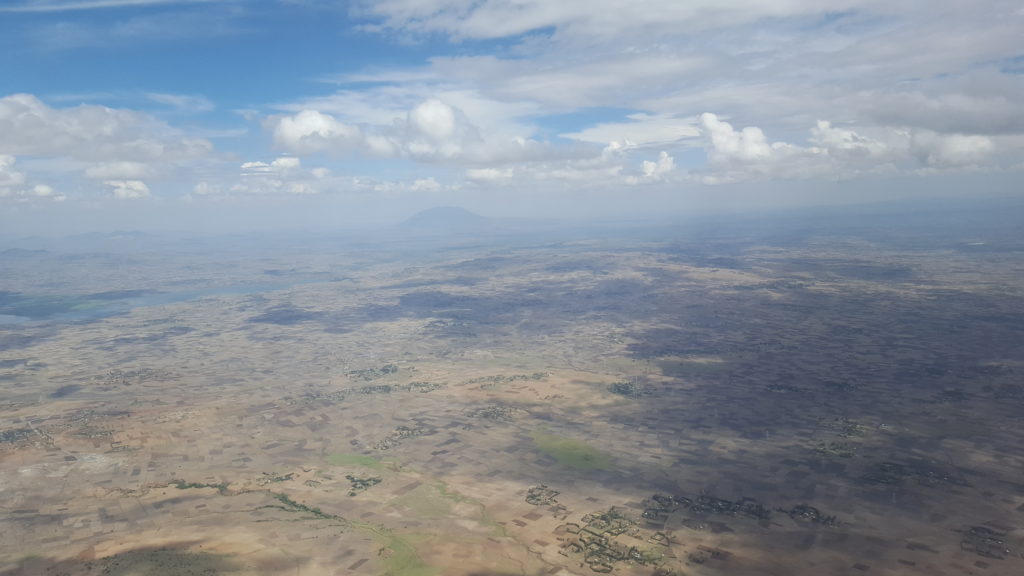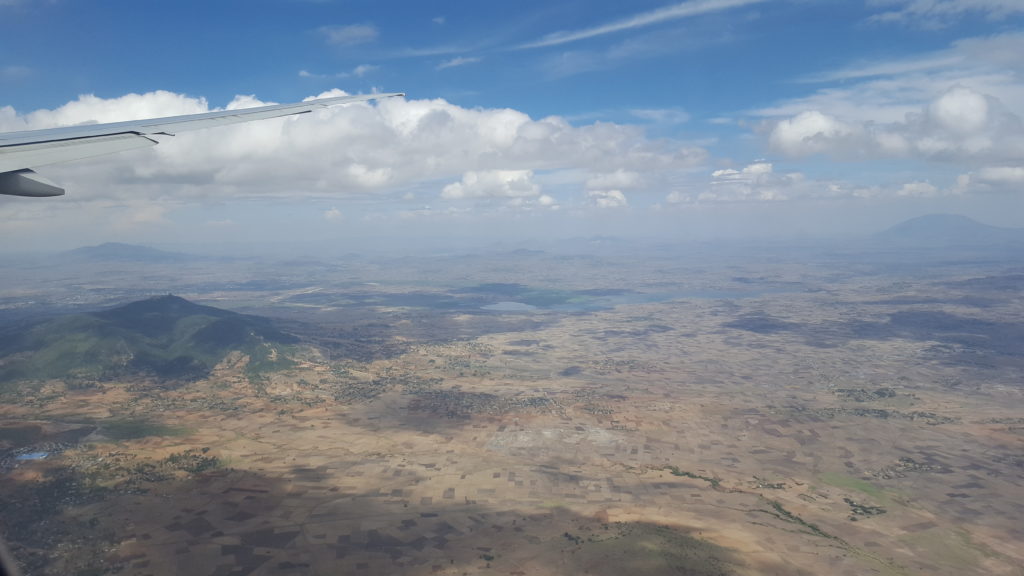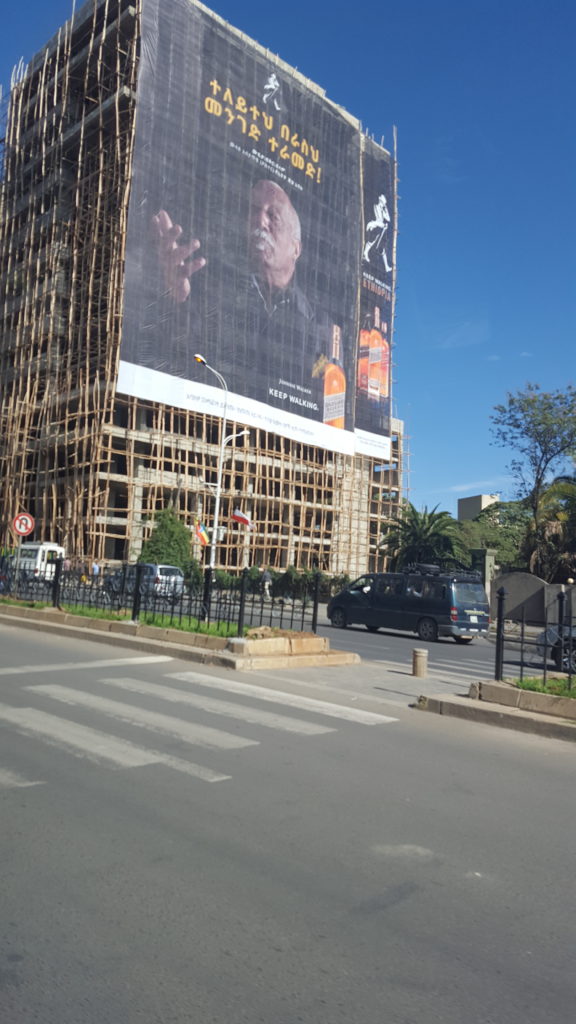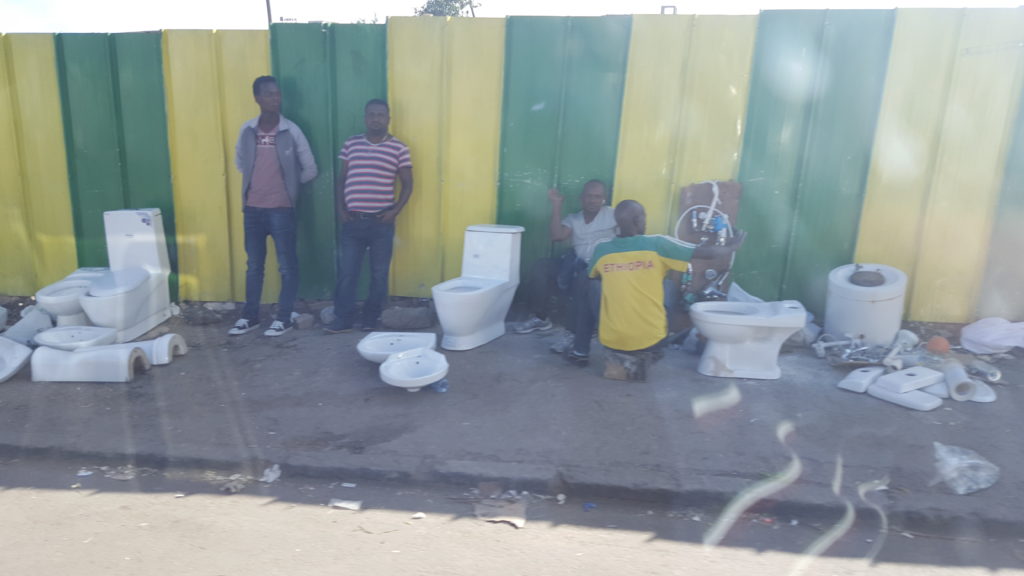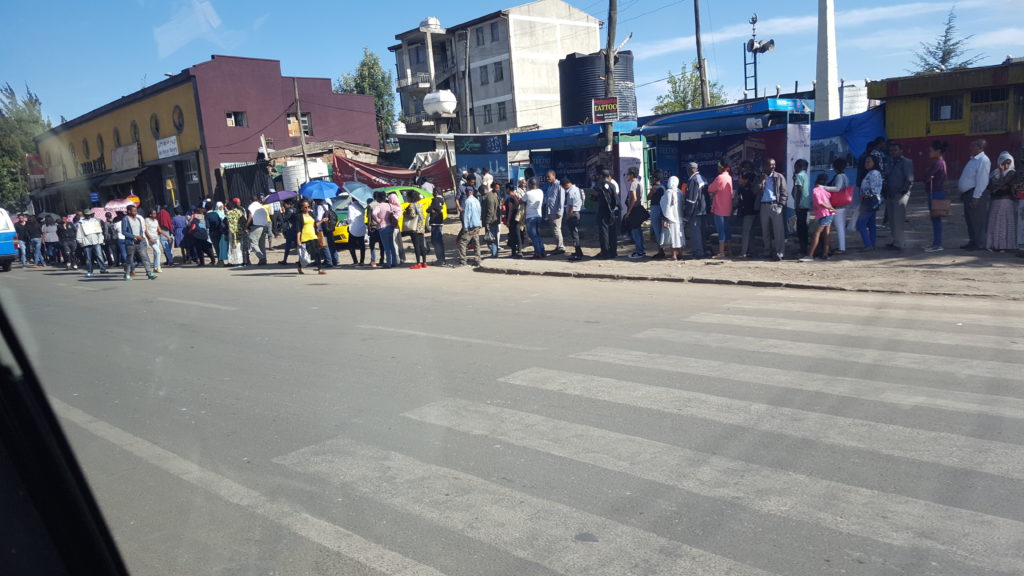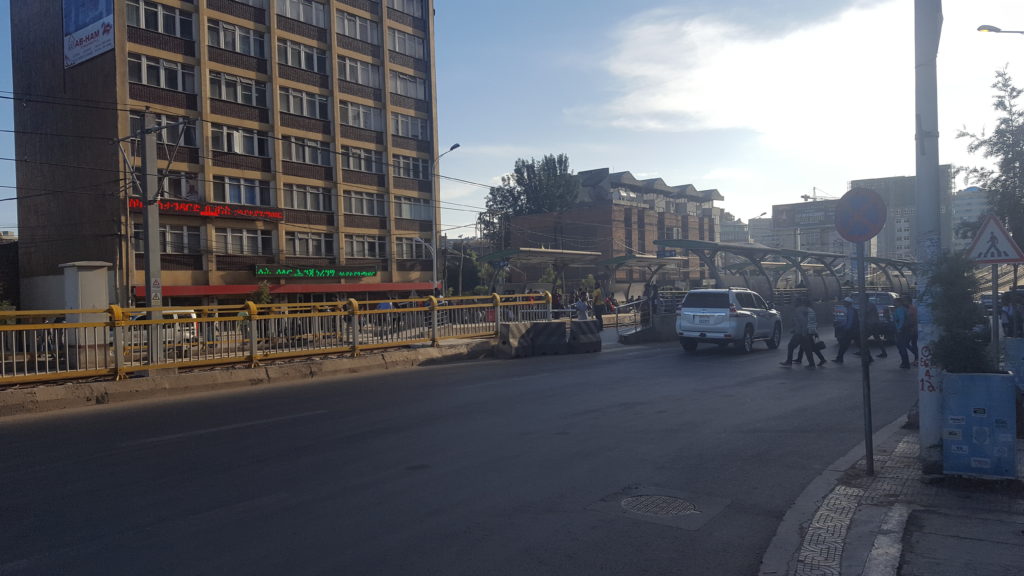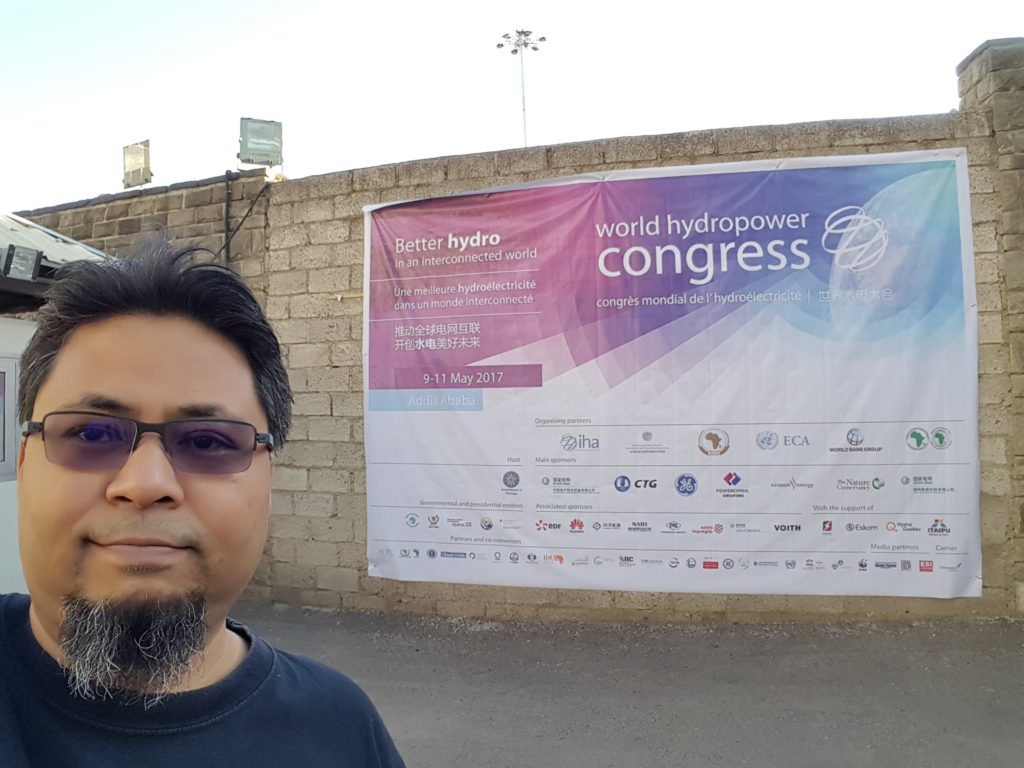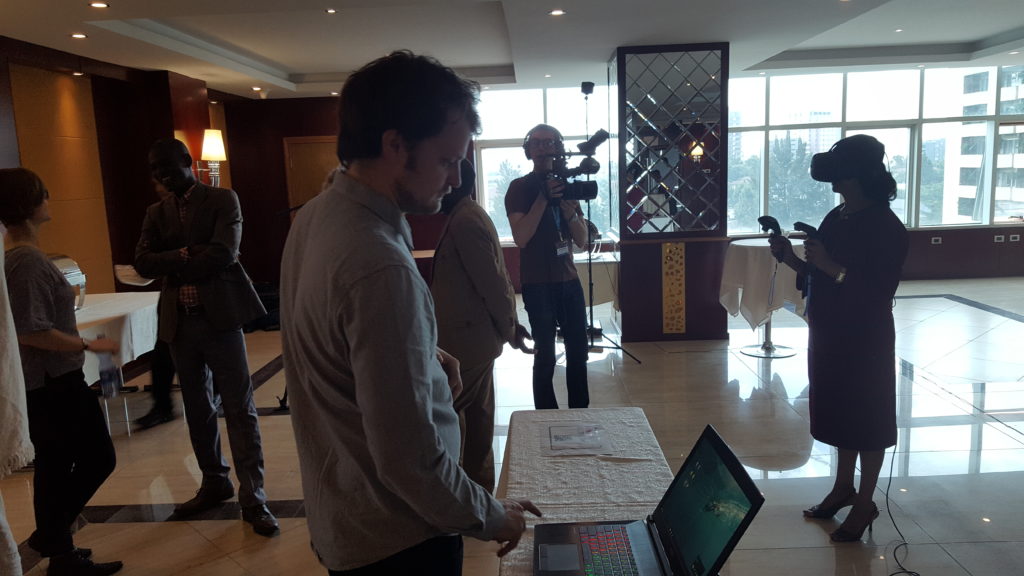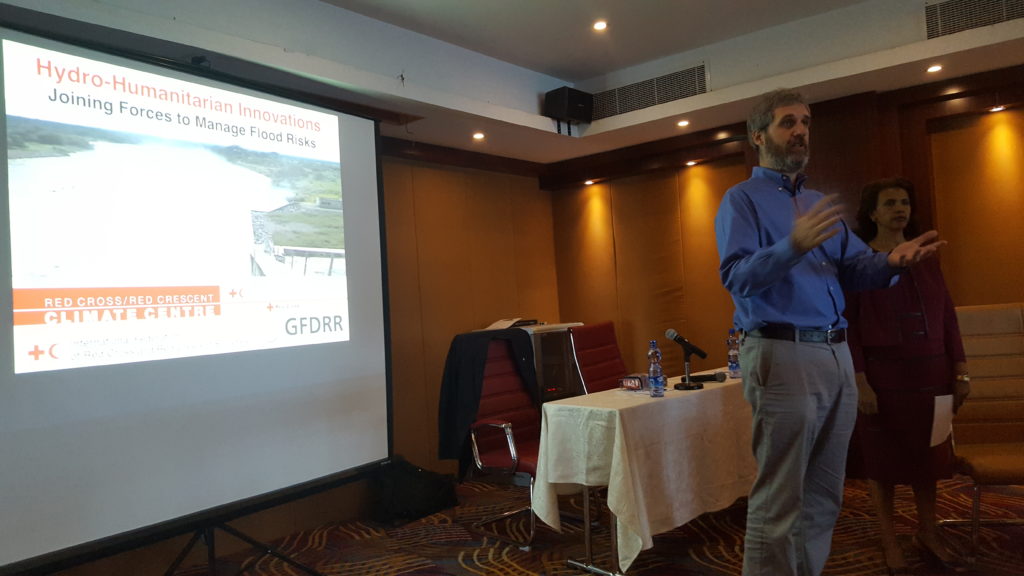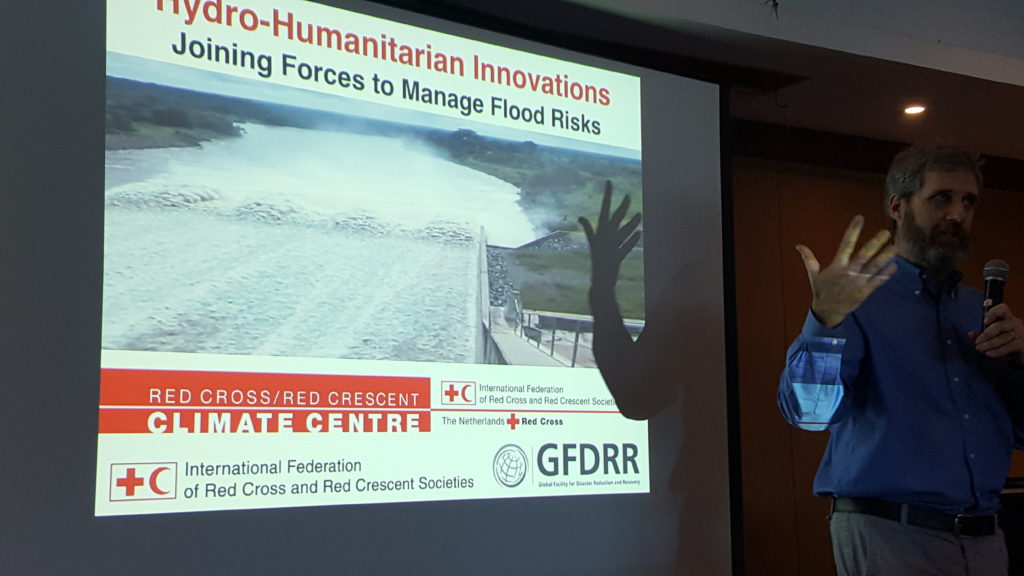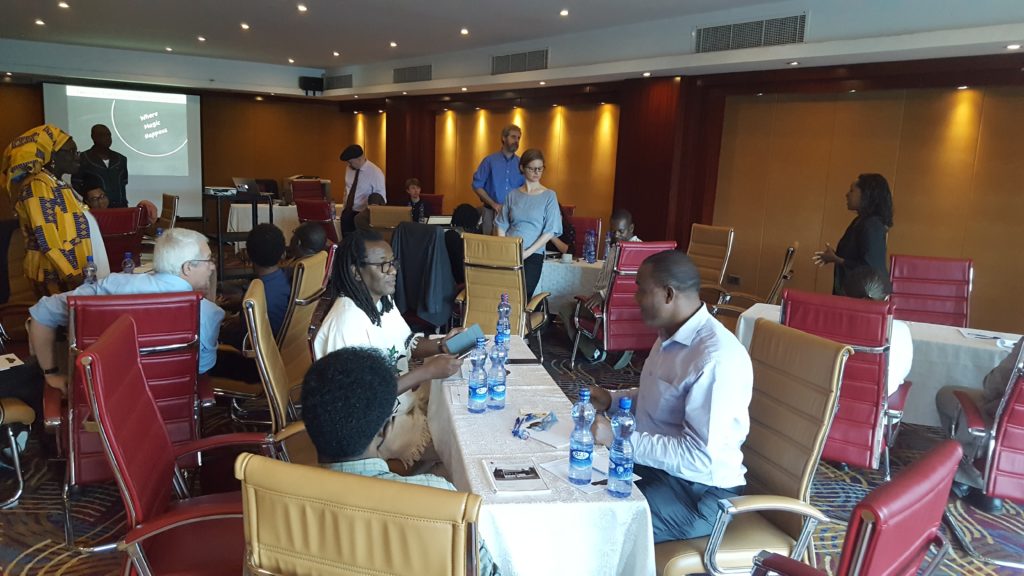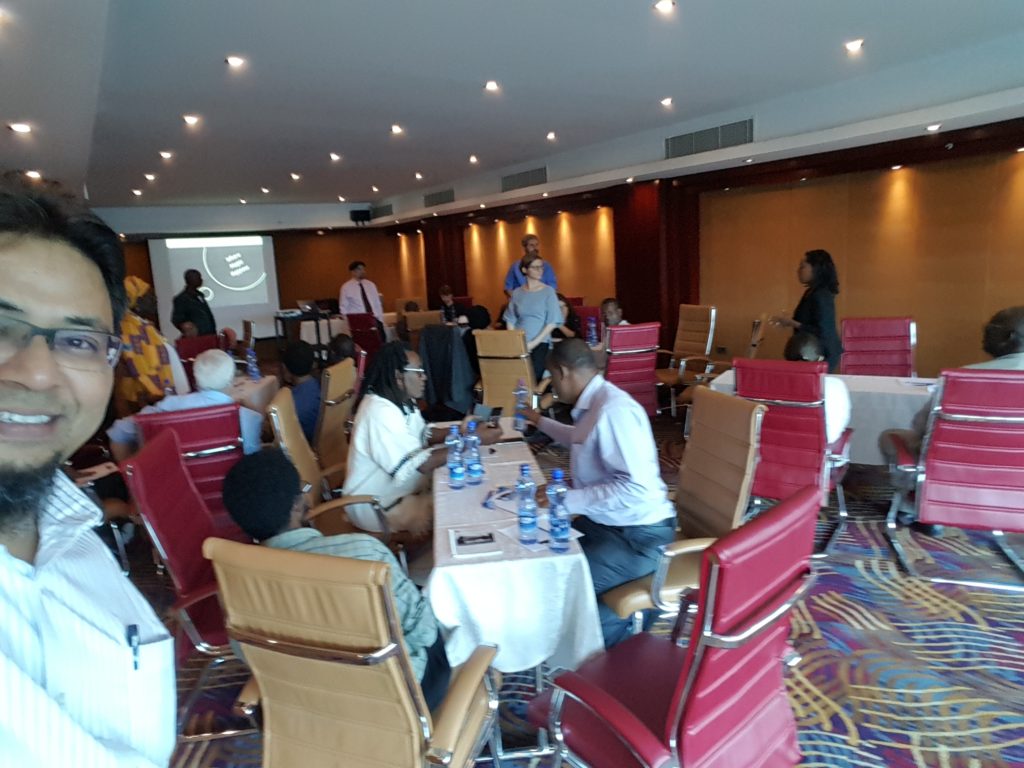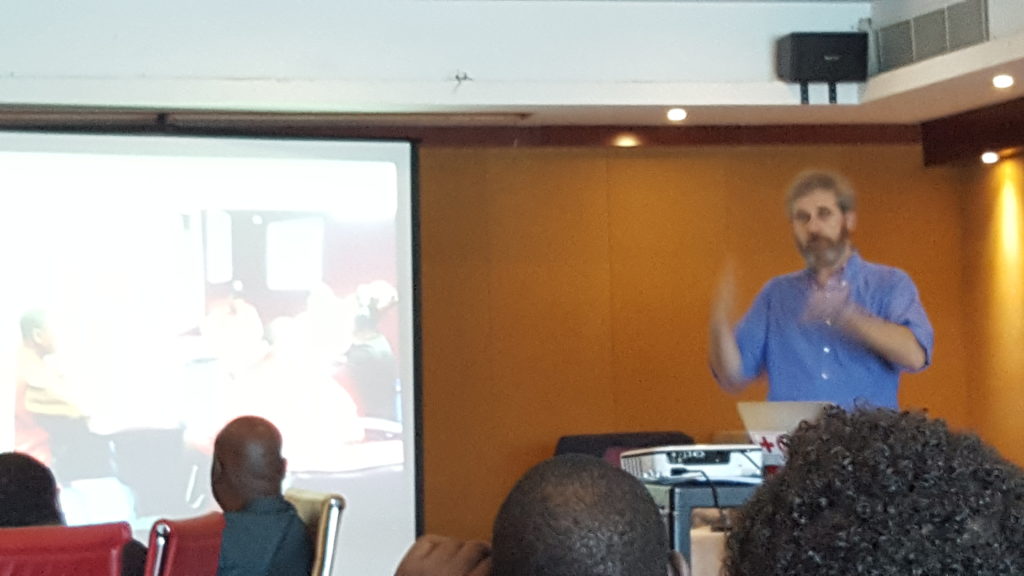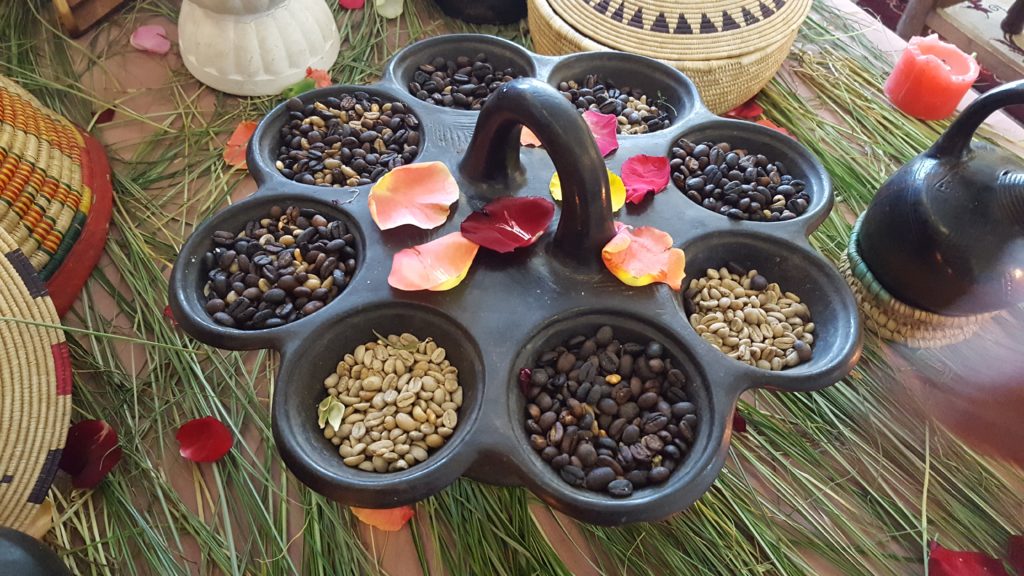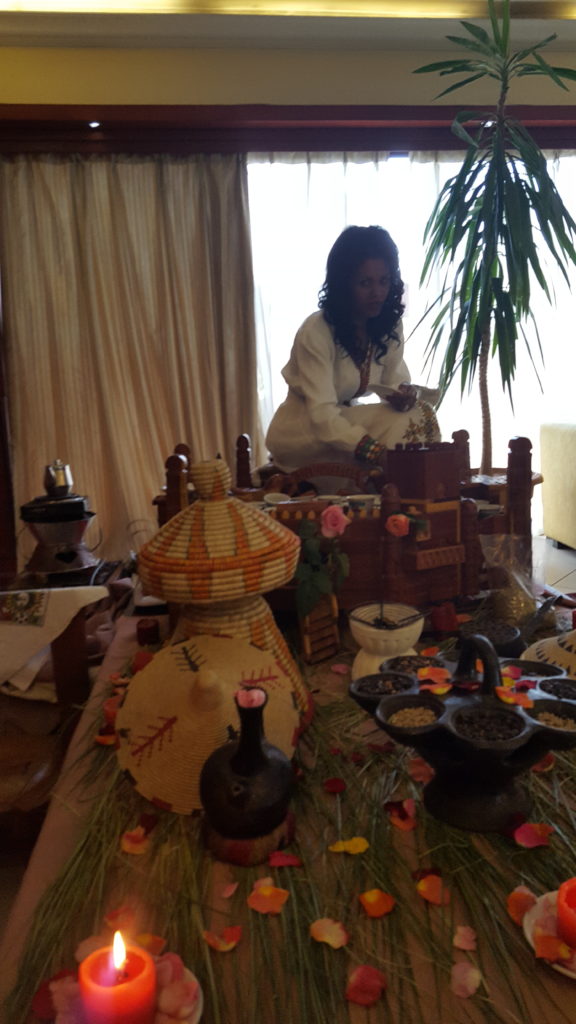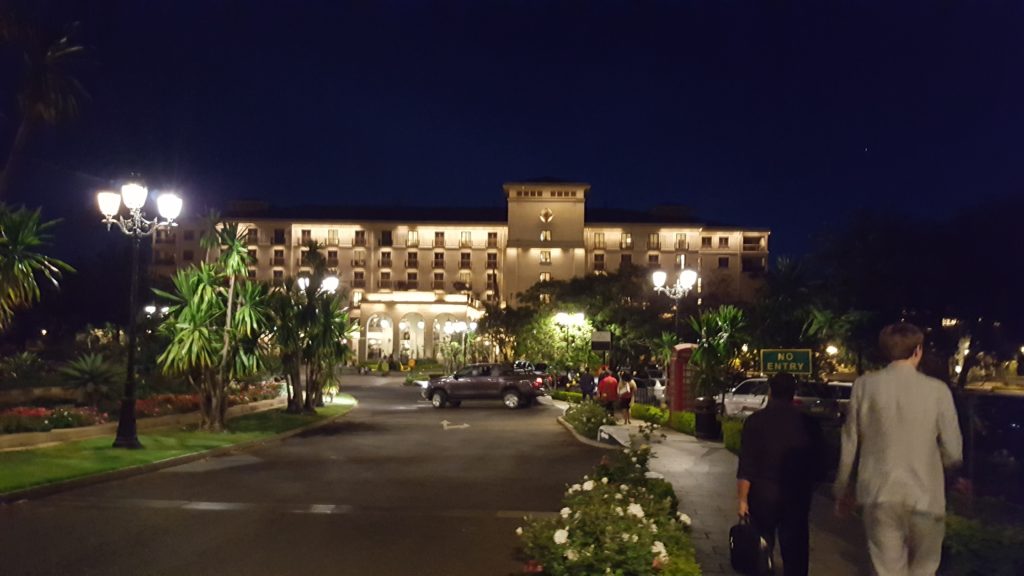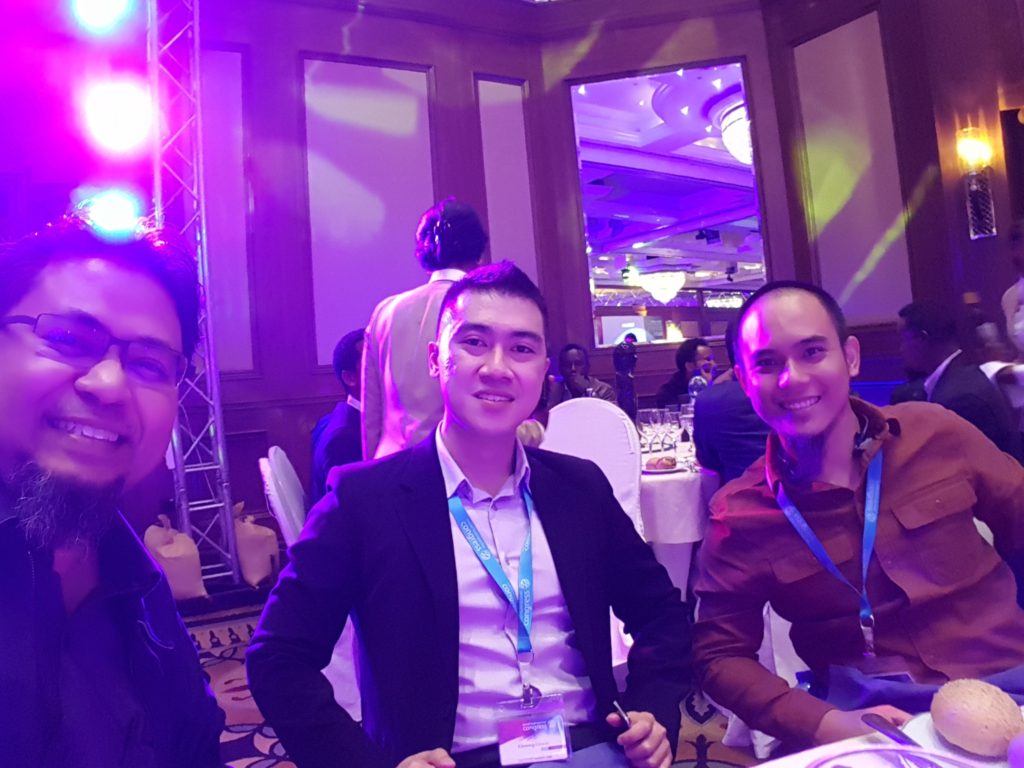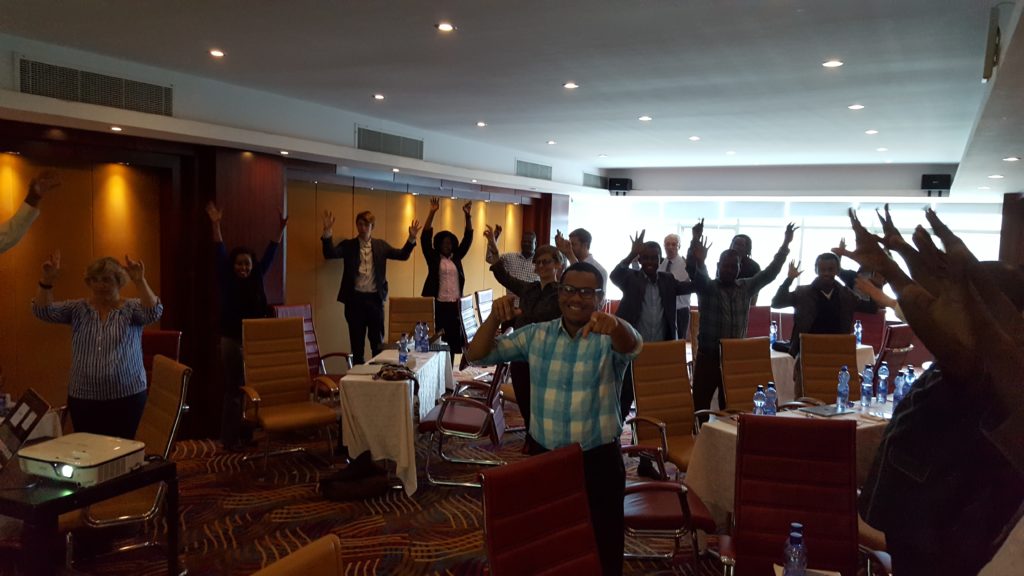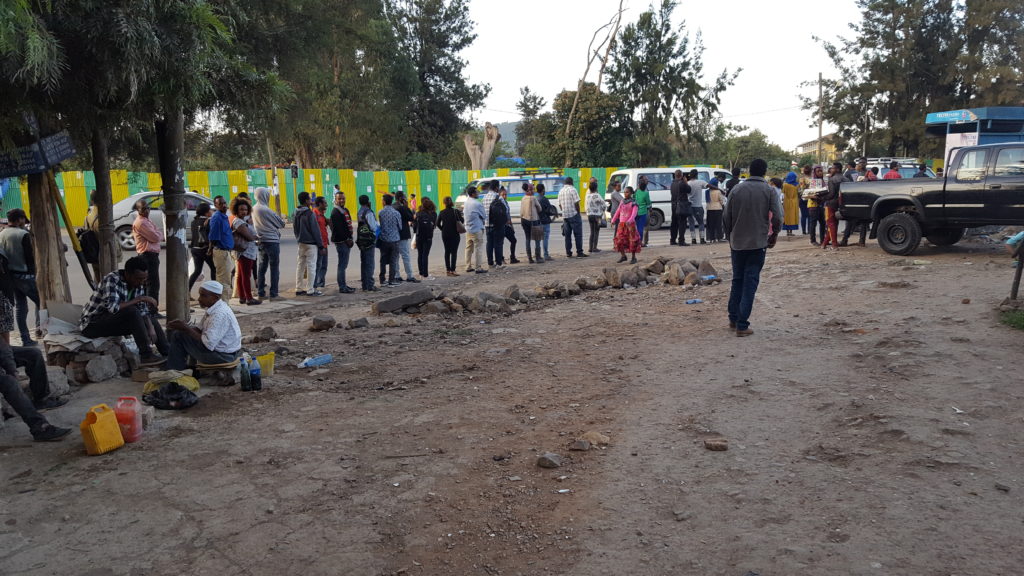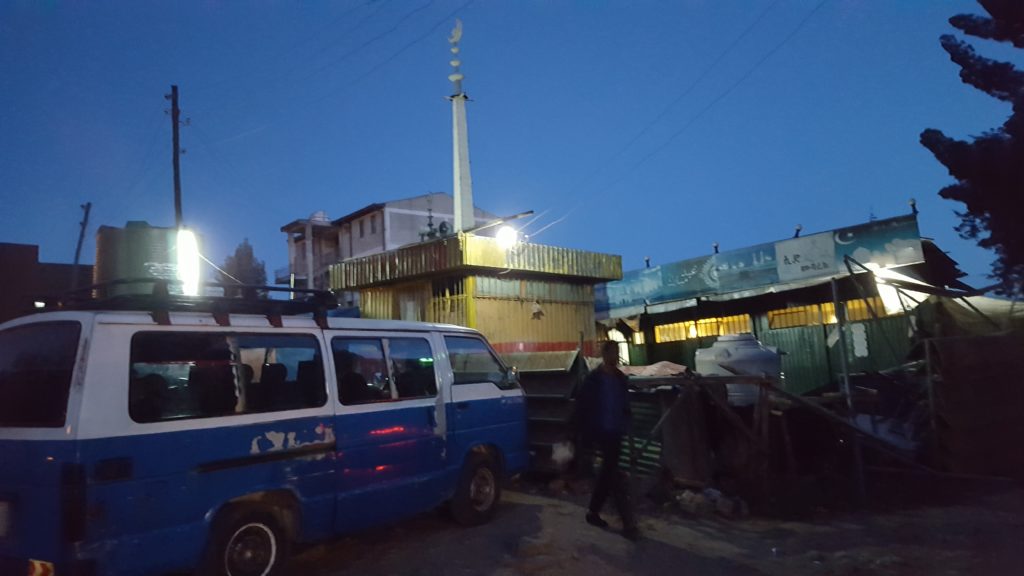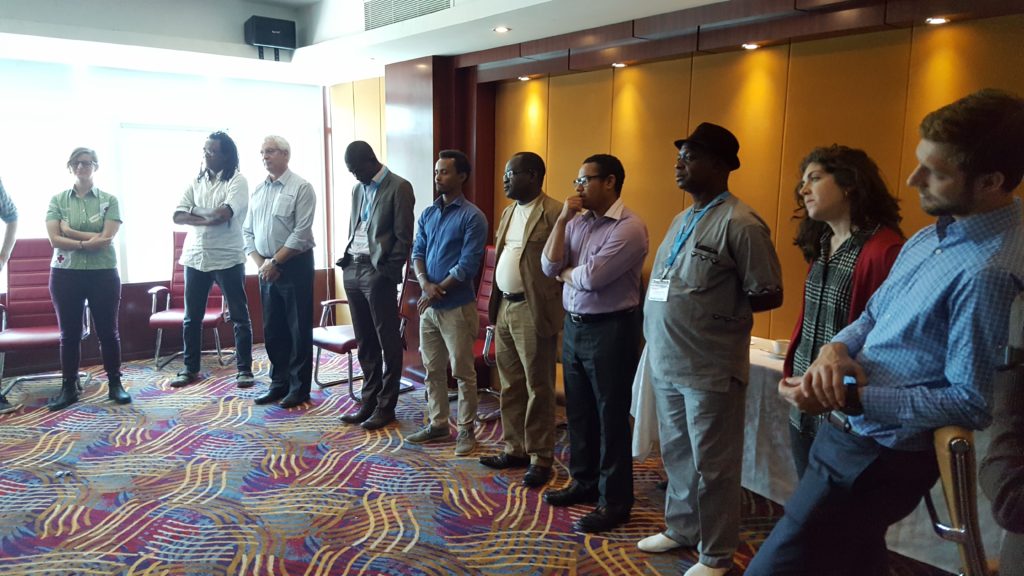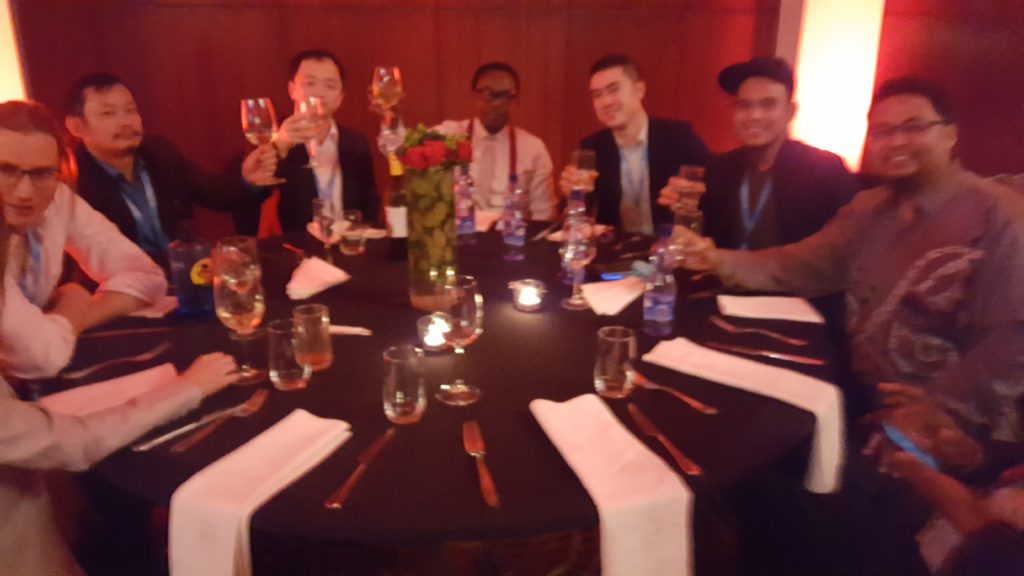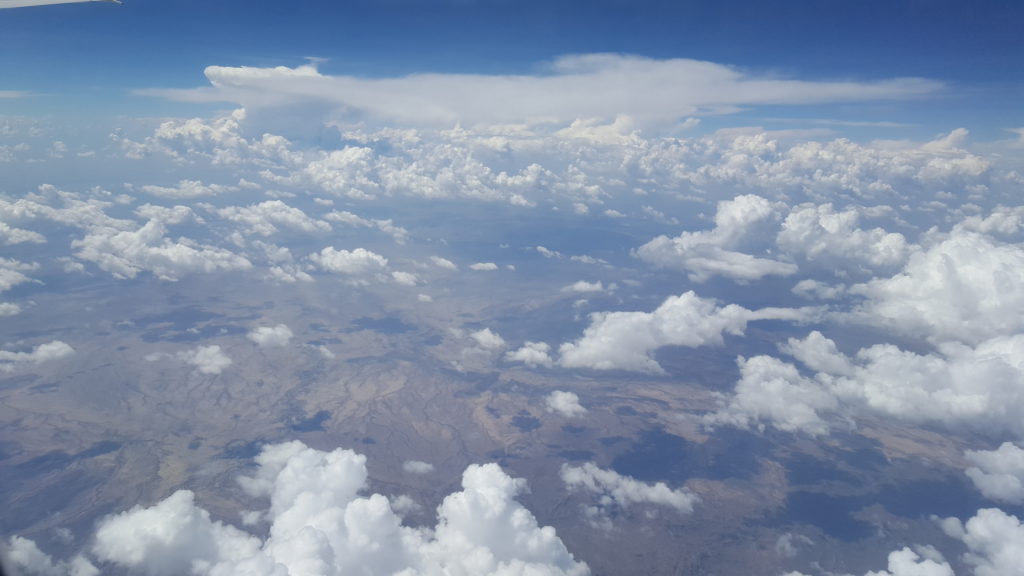UTM Razak School Join Forces with International Humanitarian Network and Hydropower Sectors to Manage Flood Risk
UTM Razak School researchers join forces with the international humanitarian and climate research centre in an event entitled ”Humanitarian and Hydropower Sectors Join Forces to Manage Flood Risk”, which was held from 9-11 May 2017 at the Hotel Intercontinental, Addis Ababa (Ethiopia). This event is co-convened by the Climate Centre, The International Federation of Red Cross and Red Crescent Societies (IFRC) and the World Bank Global Facility for Disaster Reduction and Recovery (GFDRR), in the context of the World Hydropower Congress 2017. It brings together disaster managers, donors, dam operators, government officials, researchers, and machine learning experts. The objectives of this event are to bring together the global hydropower community and the disaster risk management sector to forge long-term, creative, systemic collaboration. They have jointly explore the new approaches to flood risk management downstream of dams, focusing on two promising opportunities: ‘Forecast-based Financing’ (FbF) and Machine Learning. FbF is being piloted in West Africa through a digital tool called FUNES: Volunteers collect rainfall data in the Mono river basin upstream of the Nangbéto Hydropower Dam in Togo, and an innovative self-learning algorithm designed under data scarcity which anticipates the probable timing and discharge of any imminent dam overspill. This forecast enables dam operators to plan releases, including those that may inundate communities downstream, according to a downstream model. When FUNES forecasts flood elevated flood risk, the Red Cross, government and partners receive an automated message to activate radio alerts, distribute water purification kits, and deploy other pre-funded disaster preparedness measures. The participants also able to test the FbF in Togo through Virtual Reality (VR) technology. First successfully tested in September 2016, the FbF+FUNES system received the 2017 World Government Summit’s Global Innovation Award. This side event gave an opportunity to open dialogue with all actors on the given opportunity to adapt and scale up this hydro-humanitarian collaboration to simultaneously improve hydropower operations and humanitarian outcomes. There are prospects of adapting this approach to river basins in Malaysia.
Latest update: 28 July 2020

